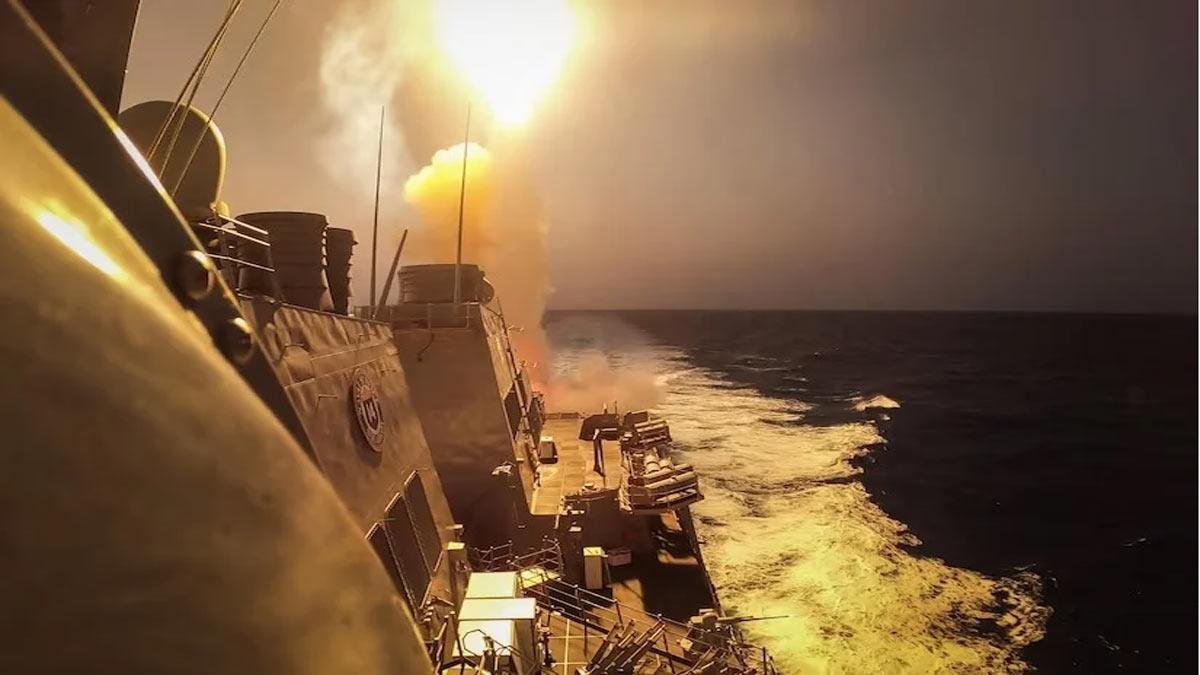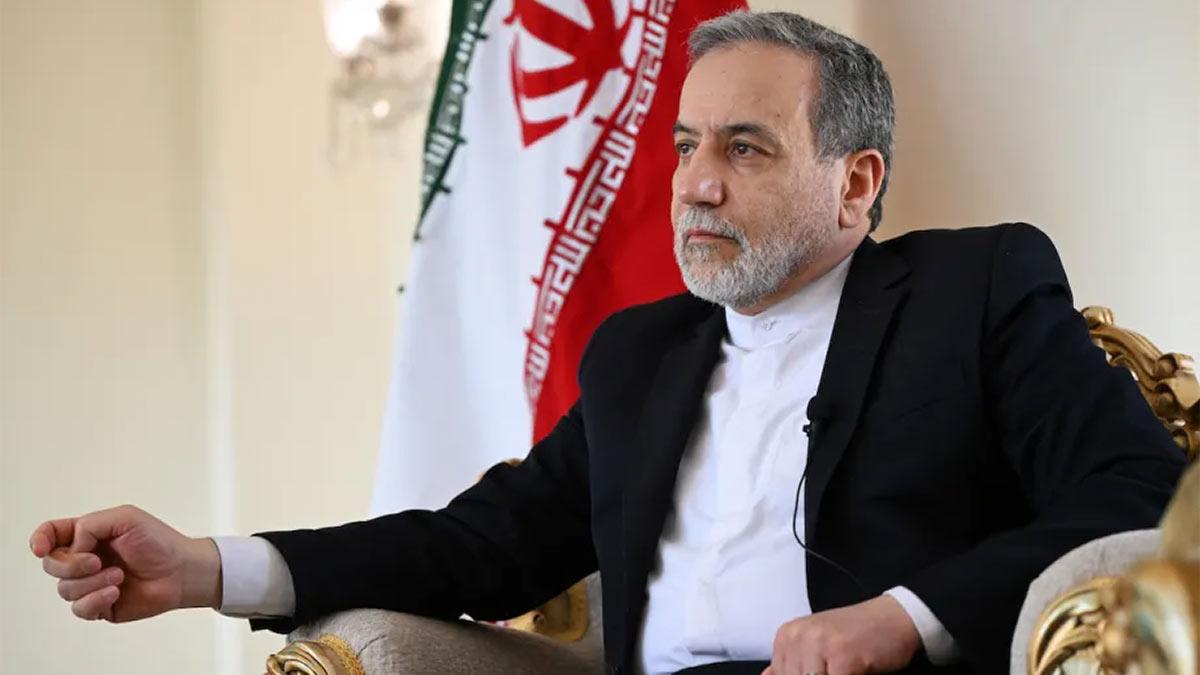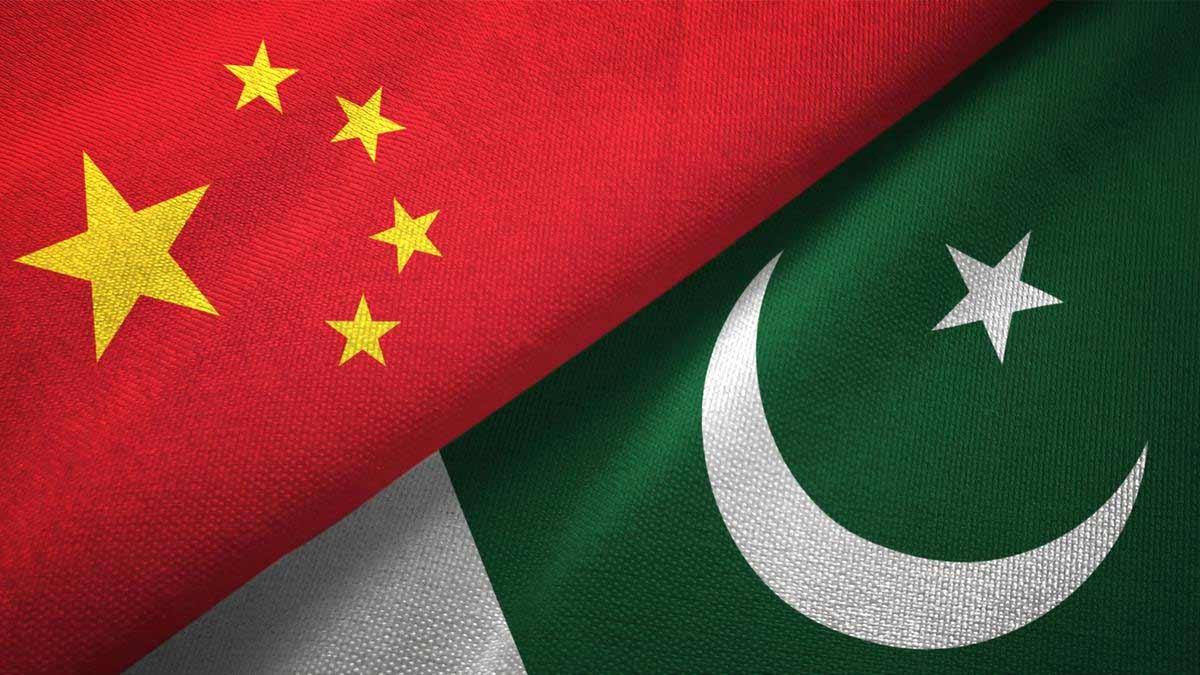The UN Security Council members universally recognize the threats posed by Houthi rebels' attacks on ships in the Red Sea region. Despite unanimous acknowledgment, the Council often struggles to go beyond adopting resolutions condemning these actions. In response, the United States has, once again, formed an international coalition to unilaterally address the issue, launching "Operation Prosperity Guardian" against Houthi-held areas in Yemen.
The Houthi militia's targeting of civilian ships in the Red Sea, a critical maritime route linking Asia, East Africa, the Middle East, and Europe through the Suez Canal, has significant global implications. They claim to disrupt shipping in solidarity with Gaza, responding to Israel's retaliation for a terrorist strike by Hamas on October 7, 2023.
This complex situation resonates worldwide, with Ecuador's Deputy Permanent Representative emphasizing its global impact on regional supply chains and commodity prices. Both the US and China, despite their differences, agree that the Houthi attacks disturb the international trade order, affecting the world's largest exporter, China.
In a hastily convened meeting at Russia's request, concerns were raised about the bombings in Houthi-controlled Yemen by a US-led coalition. The US Permanent Representative highlighted the economic threat posed by the attacks, affecting the prices of essential goods.
While there is consensus on the threat, taking effective action is challenging due to global polarization and Security Council veto powers. The Council managed to pass a resolution condemning the attacks, but the absence of a mandate for action led the US and its allies to launch unilateral military operations against the Houthi-held areas.
Despite legal disputes, the US and its allies intend to continue their actions against the Houthis. This crisis mirrors the Black Sea disruption caused by Russia's war on Ukraine, raising concerns about the supply of food and fertilizers globally.
The Houthi provocation parallels Hamas's tactics against Israel, aiming to garner sympathy globally. The US coalition's retaliation may risk generating sympathy for the Houthis, especially when they associate themselves with the Palestinians in Gaza.
The Houthi strategy might also aim to draw Iran into the conflict, despite Tehran's apparent reluctance. The US blames Iran for supporting the Houthis, violating a 2015 resolution imposing an arms embargo on Yemen. The international community, particularly those with direct communication with Iran, is urged to press for restraining the Houthis and halting the attacks.
Russia's interventions in the Council serve dual purposes: highlighting the Red Sea crisis to draw attention to Gaza and protecting Iran.
(With Agency Inputs)
Read also| Trips to Xinjiang Condemned by Experts as 'Genocide Tourism'
Read also| Maldives Suspends Three Ministers for Making Remarks Against PM Modi


















